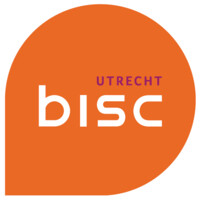
IFLS Library System
IFLS is a state-funded organization encompassing 53 public libraries and 3 county library services in 10 west central Wisconsin counties. Founded in 1978, IFLS operates to promote libraries and access to library services. This is done by providing System Library Directors with consulting, advocacy, public relations, continuing education, courier and delivery, design, interlibrary loan, internet access, and youth services. IFLS also hosts the MORE shared system.






